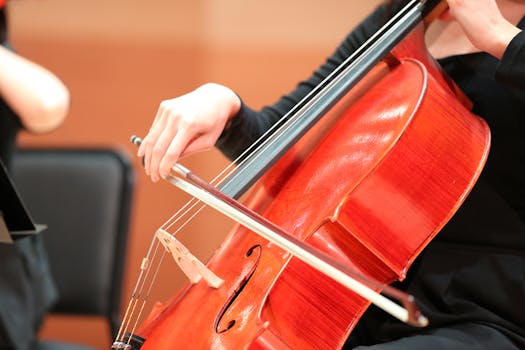The Interaction of Chance and Fate in Human Life
Exploring the roles of chance and fate in human life fascinates philosophers, theologians, and everyday individuals alike. These concepts, central to many cultural narratives and personal belief systems, raise questions about control, destiny, and randomness in our lives. This article delves into the interaction between these two forces, examining how they influence us and how we might perceive their effects.
Main Approaches to Understanding Chance and Fate
Theoretical Perspectives
The philosophical and theoretical exploration of chance and fate often revolves around determinism and free will. Determinism suggests that all events, including human actions, are ultimately determined by causes external to the will. Philosophers like Baruch Spinoza argued that everything happens according to natural laws, thus embedding fate deeply within the natural order of the universe. On the other hand, proponents of free will maintain that humans can shape their destinies through choices, suggesting a role for chance based on spontaneous decisions.
Advantages and Disadvantages of Theoretical Perspectives
The advantage of a deterministic view is that it provides a clear framework for understanding the universe and our place within it. It can offer comfort to those who prefer to see life as orderly and predictable. However, it can also lead to fatalism, where individuals might feel powerless to change their circumstances.
Conversely, embracing free will and the influence of chance can be empowering, encouraging individuals to take active roles in shaping their futures. The downside is that it might lead to anxiety and uncertainty, as the outcome of choices cannot always be predicted and controlled.
Cultural and Religious Interpretations
Different cultures and religions offer various interpretations of how chance and fate interact. In many Eastern philosophies, such as Hinduism and Buddhism, karma plays a significant role. Karma is often seen as a form of fate, where one's past actions determine one's future circumstances, yet there is also room for chance through random, unpredictable occurrences.
In Western contexts, particularly within Christianity, there is a belief in divine providence, suggesting that while God controls fate, humans are given free will to make choices within those divinely set boundaries.
Advantages and Disadvantages of Cultural and Religious Interpretations
The main advantage of these interpretations is that they provide moral and ethical guidance, helping individuals make sense of their experiences within a larger cosmic or divine plan. However, they may also lead to resignation or complacency, especially if individuals believe that their fate is predestined and beyond their control.
Practical Examples
In everyday life, the interaction of chance and fate can be observed in numerous scenarios. Consider career paths: while a person may feel destined (fate) to be in a certain profession, random opportunities (chance) like a chance meeting or an unexpected job offer can significantly alter this path. Similarly, relationships often feel fated, yet they are also subject to the whims of chance encounters and choices made.
In larger historical contexts, the outcomes of wars, economic shifts, and political movements often appear as mixtures of inevitable developments and random events. The fall of the Berlin Wall, for example, was both a result of long-term historical pressures and a series of unexpected political decisions and social actions.
Conclusion: Balancing the Scales of Fate and Chance
Understanding the roles of chance and fate in human life offers more than just philosophical insight; it also provides practical guidance in how we approach our daily decisions and long-term plans. Recognizing that both predetermined forces and random events shape our world can help us navigate life with a balanced perspective, appreciating the structure while remaining flexible to opportunities.
As we continue to explore the depths of these interactions, it's useful to reflect on how our own lives have been shaped by these forces. Whether you lean more towards a belief in fate or chance, acknowledging the presence of both can lead to a richer, more fulfilling understanding of your life's journey.

.png)





